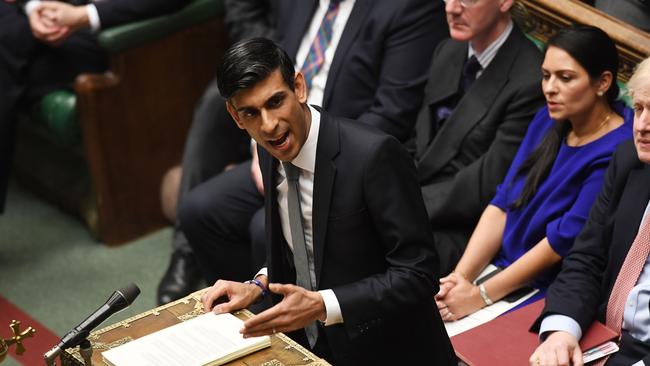
The government would have descended into the same swirling mixture of partygate inquiries, chaos in No 10 and capable ministers refusing to serve that destroyed its reputation over the past year. What would have been an extraordinary mistake, for country, party and even Johnson himself, has been averted.
The trepidation is that, while the disintegration of the Liz Truss premiership was happening, the storm clouds of global political and economic events darkened ominously. In the past month alone, US inflation exceeded expectations, pushing up future interest rate rises; eurozone economic sentiment plummeted; our own consumer confidence hit a 50-year low; Vladimir Putin intensified his desperate barrage against Ukrainian infrastructure; and Xi Jinping tightened a totalitarian grip on China, including maintaining savage Covid restrictions that hamper economic growth worldwide.
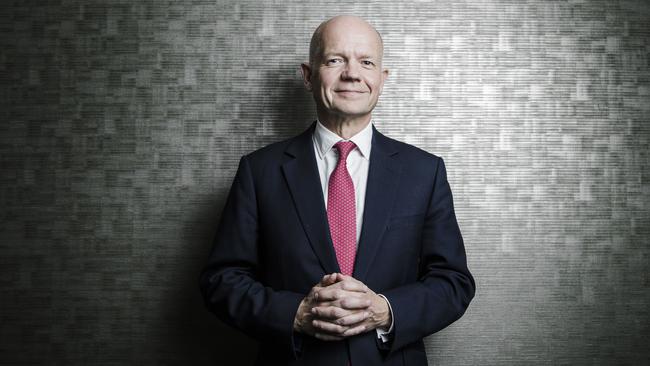
The next two years look like being the most difficult and dangerous the world has seen in decades. Hardship for tens of millions is coming globally. Most governments that face elections will not survive them. This is going to be rough.
The hope starts with the prospect of Britain having as prime minister an outstanding individual who will create a strong team of ministers around him. I know Rishi Sunak well, and he represents my former constituency of Richmond, Yorkshire, so of course I am biased. But having known everyone at the top of politics in the past few decades, I struggle to recall anyone with stronger attributes of intelligence, thoughtfulness and self-discipline.
He is hugely conscious of the need to combine economic competence with compassion — two vital ingredients in any government that will make it through the coming storm. Any occupant of 10 Downing Street will make some mistakes; we all would. But he will not make the mistake of failing to explain reality to the country. He will not want for dedication and diligence. He will not embark on risks without seeking all the advice he can get.
Suddenly, the Conservative Party has a chance to pull itself together. The idea of Johnson returning has been killed off by his rash attempt at it. The notion of a radical change of economic approach has been blown to pieces by Truss. With those options ruled out, a highly competent team of ministers from across the party can be assembled, with Jeremy Hunt already making a strong start as chancellor of the exchequer. After being an object of global pity in recent months, Britain will again be an example of government being conducted with professionalism, honesty and reliability.
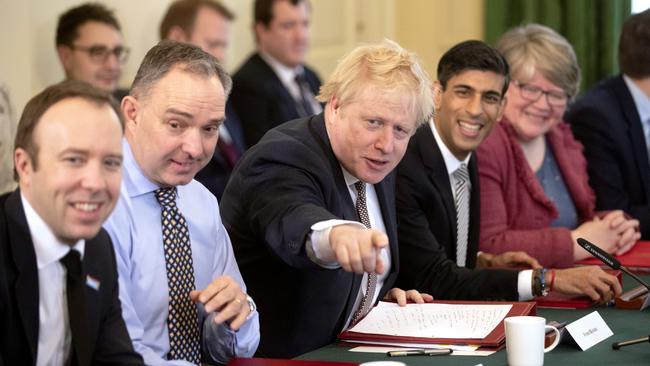
This is why the ray of hope I can feel goes wider than the person of Sunak.
People I have met in America and Asia in recent weeks have been wondering whether Britain was functioning properly and expressed concern that our governing institutions were breaking down. That was alarming to them because they associate this country with institutions that work with integrity: a Supreme Court that strikes down unconstitutional actions of governments, media that preserve free speech, a civil service that gives unbiased advice.
Those national advantages are still standing. It was also clear in the recent mini-budget fiasco that the Bank of England and the Office of Budget Responsibility reasserted themselves. Now the Conservative party has demonstrated it can still function as a responsible institution, extracting itself from a chaotic period by showing it can find new leadership in which quality rises to the top.
The sound functioning of such institutions is a vital national interest. Even the US is struggling to cope with the antics of a defeated president, Donald Trump, trying to overturn an election while his party is too weak as an institution to face up to him. In France, the collapse of traditional parties has left the far right as the opposition, raising fears for future stability. We need our political parties to function among our reliable institutions, and the Conservative Party has just renewed the hope that it is one of them.
This is not just a matter of global perception, but also of the internal strength of our own democracy. As opposition parties have called for a general election in recent weeks, their strongest argument has been that government was ceasing to function properly and that our institutions were not working. Sunak and the ministerial team he is about to assemble have the opportunity to respond to that and add to the health and stability of British democracy, in three respects.
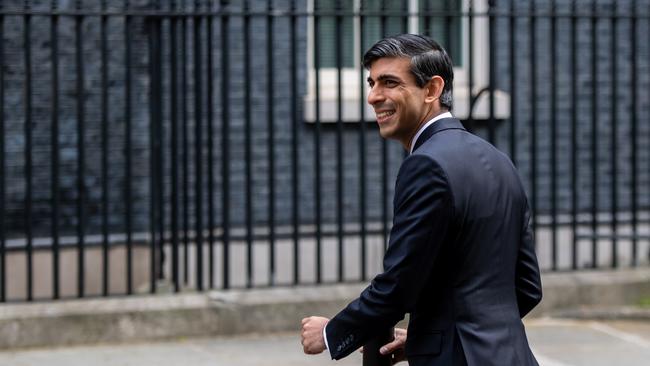
The first is that they can show what good, rational governing can look like, even knowing that they start with their party vastly behind in opinion polls. They can be determined to do what they believe to be right, and explain that to the country, even if a different government might ultimately benefit from their wisest decisions. The selection of ministers on the basis of ability, deciding on their policies with plenty of internal challenge and discussion, can prove that effective, well-thought-out, democratic government might be very hard, but it is not impossible.
By doing so, they can hope for a second achievement, which is to make the next general election competitive again. If an election had indeed been held in the last month, so intense was the public horror at Conservative misfortunes that a very one-sided parliament would have been elected — according to many polls, it would have been the largest ever Labour majority.
Yet the voters would much prefer a genuine choice and know that a strong opposition is important to accountability. Even though exceptionally difficult times are coming, a government that is straightforward with the country about the choices to be made, fair in asking for sacrifices, and competent in executing its decisions will earn new respect and provide a choice for the country.
The third benefit of such good government would be to make the Labour Party raise its game. By throwing off Jeremy Corbyn and adopting the rhetoric of fiscal responsibility, Labour has also been trying to show that it is an effective institution. But Peter Mandelson’s recent warning to Sir Keir Starmer that he should not “sit back” and assume victory has been timely and important.
Being the opposition over the past few months has been exceptionally easy. If faced with a more united, purposeful and respected ministerial team, Labour will need to generate some excitement rather than be the default option.
This week, therefore, we are not only seeing the rise of a remarkable new prime minister. We can harbour the hope that the essential institutions of British democracy, government or opposition, will prove they can do better.
THE TIMES



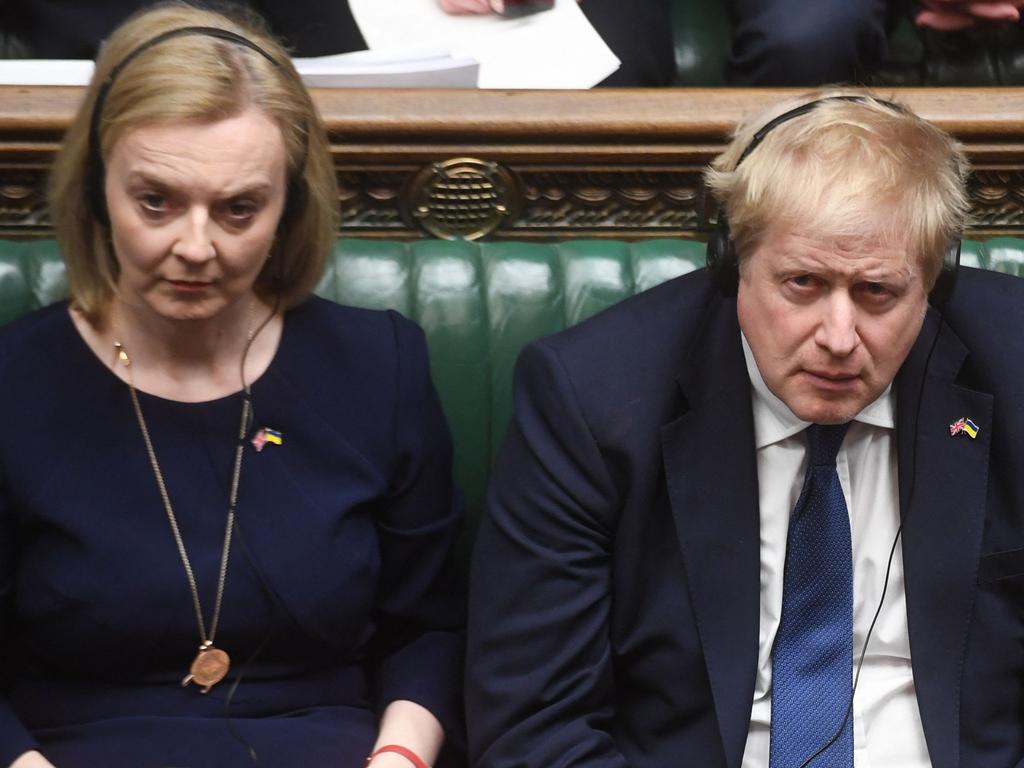

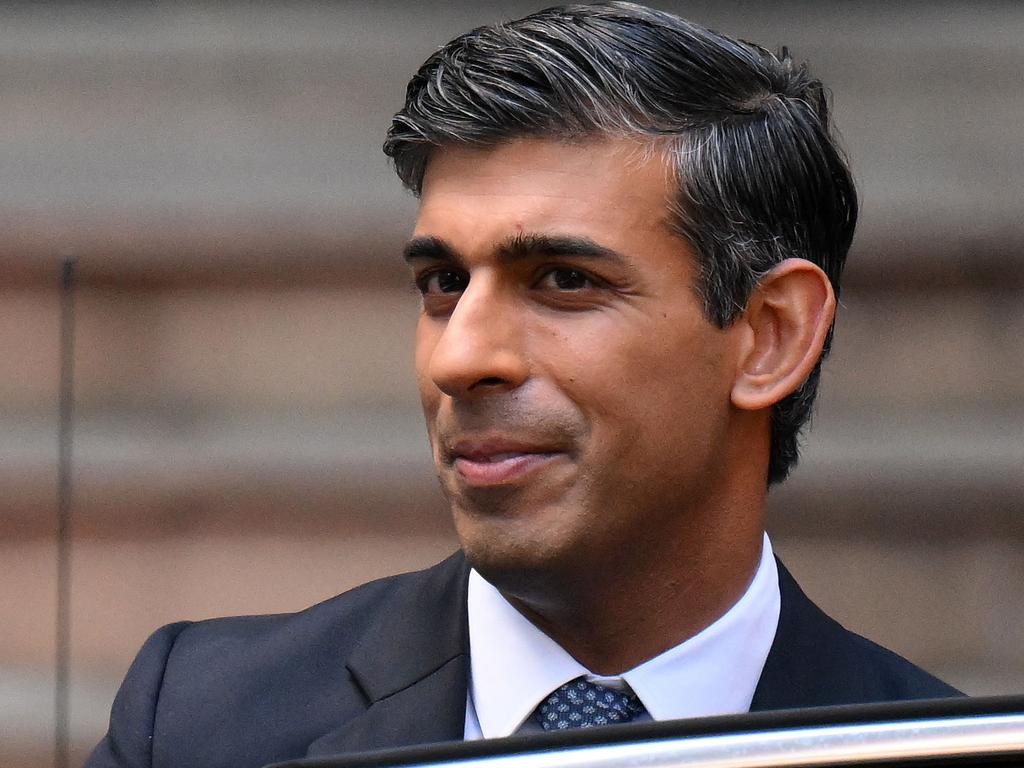


Never in my time observing politics have I felt such a mixture of relief, trepidation and hope. The relief is that the Conservative party mustered sufficient collective common sense not to jump straight back into the vortex of a Boris Johnson premiership from which it had only just escaped.